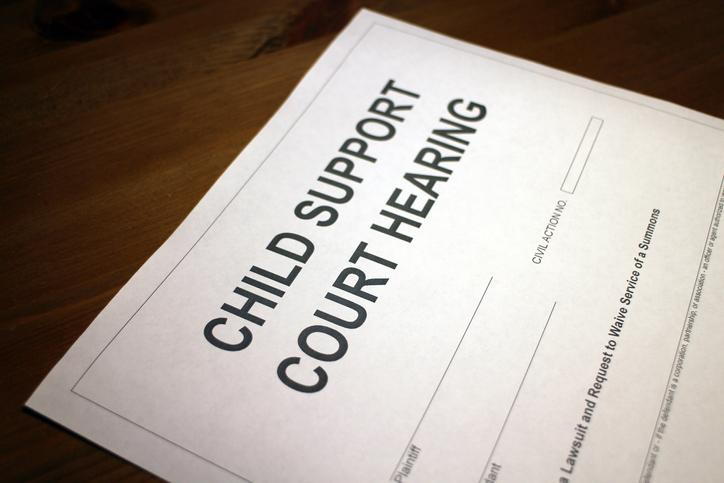
Methods of Enforcing a Child Support Order
- posted: Sep. 20, 2023
- Family Laws
In every state, minor children have the right to financial support from their parents. Upon the couple’s divorce or petition from an unmarried parent, the family court will enter appropriate child support orders. Unfortunately, some parents fail or refuse to pay their support obligation. When this happens, there are a variety of enforcement mechanisms available under state law.
If a parent does not pay a support order, the other parent can bring the matter to family court by filing the appropriate motion. There are a variety of ways in which the parties can resolve the issue without a full court hearing. For example, the parents might agree on a reasonable plan to repay any past due amounts and secure future payments. However, if the matter is not worked out by agreement, the support issue then goes to a full hearing. After considering the evidence, if the judge finds that a parent willfully disregarded payment obligations, the parent can be held in contempt, which can result in jail time and/or fines.
A parent seeking to compel payment of child support can also go directly to the state Office of Recovery Services (ORS). This agency has many administrative tools that can coerce or compel an obstinate parent to pay child support obligations. Some of those most often used are:
- Wage garnishment — The parent’s employer is ordered to garnish some of their wages or salary and send the funds directly to the other parent.
- Seizure — The state can also arrange for any tax refunds and the like to be seized and used to satisfy child support orders. Funds can also be seized directly from bank accounts.
- Liens — The state may also file liens against a parent’s real property or personal property to secure future payment.
- Vital license suspensions — Occupational licenses and driving licenses can be suspended for support arrearages.
- Recreational license suspensions — Recreational licenses (i.e. hunting and fishing) can be denied or suspended for having past due child support.
- Adverse credit reporting — The state can report the outstanding debt to credit agencies, impeding the offender’s ability to borrow money, secure employment, etc.
It is also possible to seek enforcement by way of criminal prosecution. Failure to pay child support is a felony, and under certain circumstances, the state will prosecute the offender. A conviction may result in significant prison time and fines. While this extreme measure is not utilized regularly, the threat of prosecution remains a powerful incentive for parents to pay the required child support.
From her Salt Lake City, Utah office, Attorney Victoria Cramer is one of the premier family law attorneys in the Salt Lake City region. If you have a child support matter, feel free to contact us online or call 801-299-9999 for an initial consultation.



